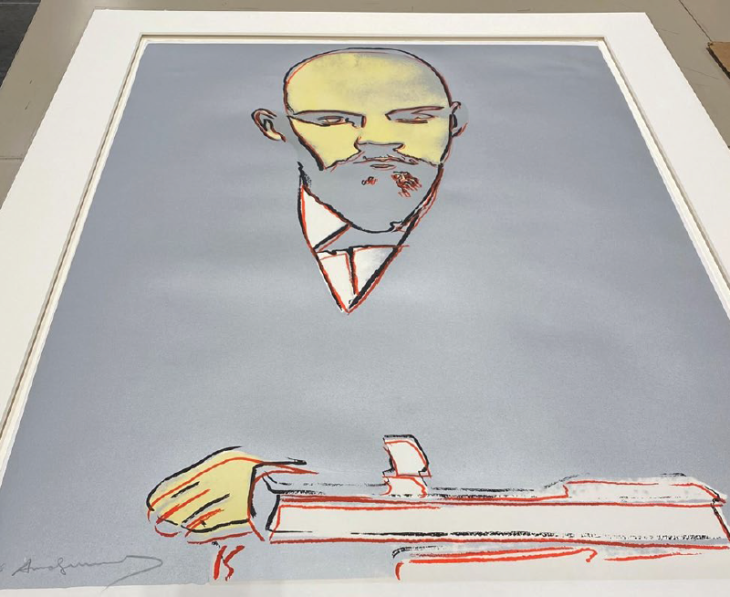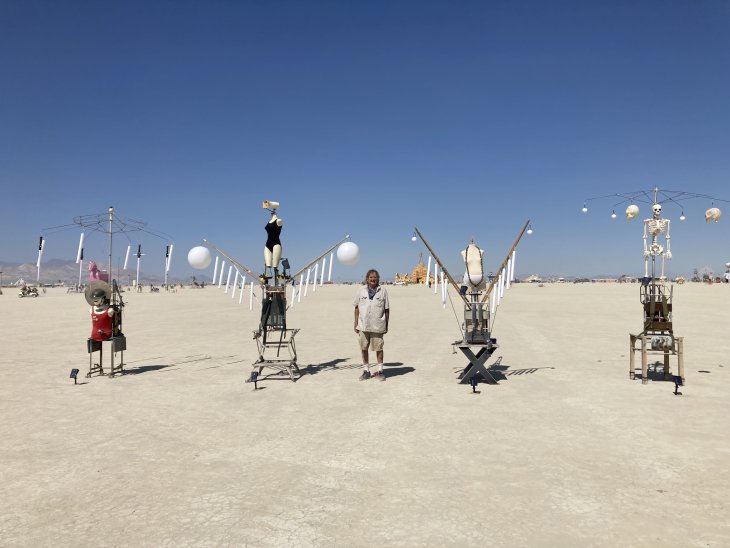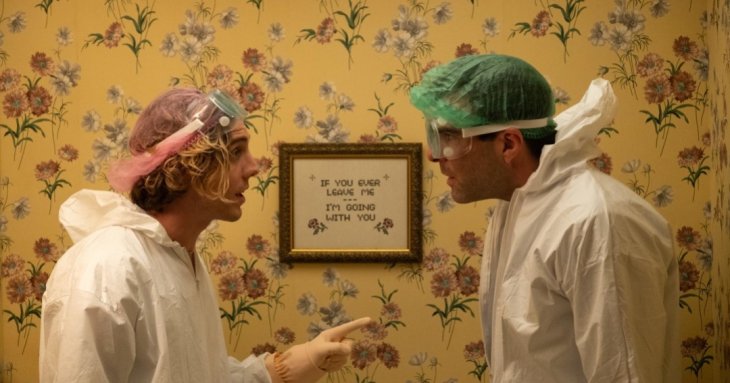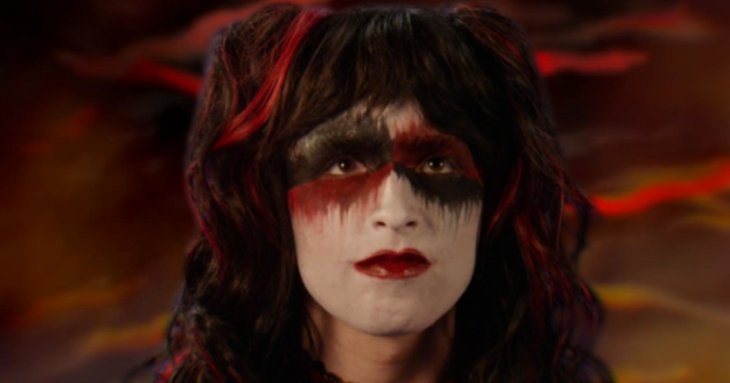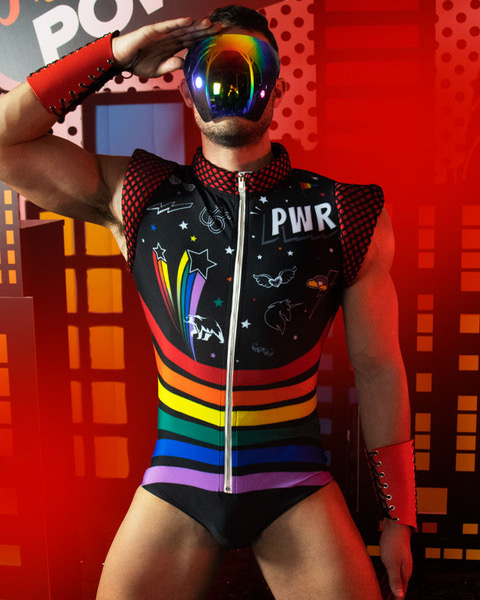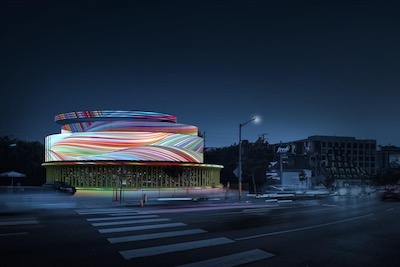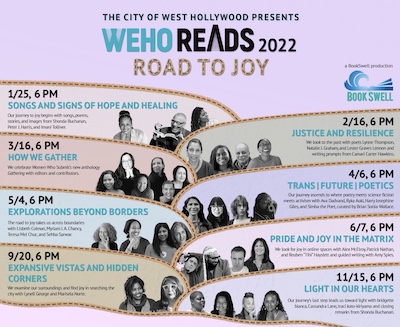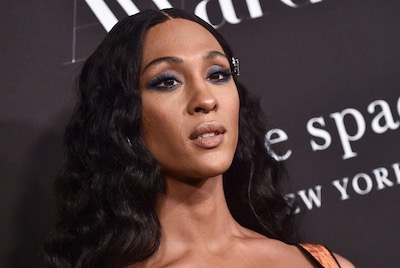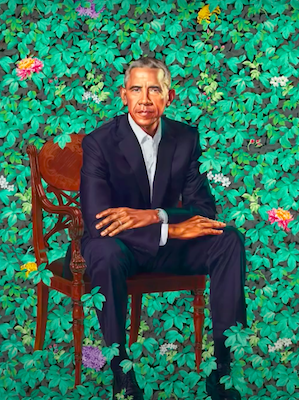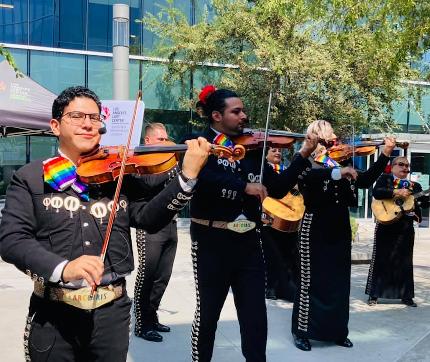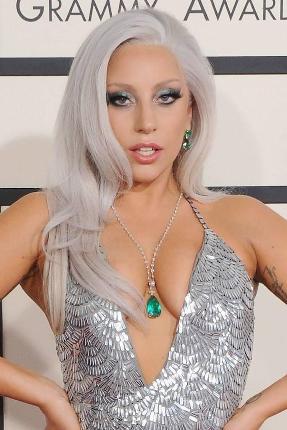In the few years since we last heard from Ani DiFranco, quite a bit has changed. The original lesbian-indie-folk superstar, creator of her own label, and spitter of spoken word-style truth tracks hasn’t put out anything new since the halcyon days of 2014 with “Allergic to Water.” This year, perhaps as a kind of counterbalance to the political chaos of the first half of 2017, DiFranco announced that her 19th studio album “Binary” will be released on June 9, just in time for L.A. Pride.
It’s the kind of news that might have, in a more innocent time, been a bit more exciting to the queer populace. Of all the artists to have emerged in that specific moment of the late ‘80s and early ‘90s – that time of “My So-Called Life,” Lilith Fair, and Monica Lewinsky – DiFranco is probably the one whose style has remained the most consistent. In her new record, we can still hear the twang of the early, angry radical feminist who decided to set off on her own to create her own label, Righteous Babe records – an almost unprecedented move for the time. We can hear the sadness and conviction of someone who has always been unafraid to piss people off.
That’s always who DiFranco has been, and no one has really learned, even after all these years, how to forgive her for it.
Everyone has their own reason for this: It’s because she got too conceptual. It’s because she mellowed out. It’s because she moved away from her roots. It’s because she cried radical lesbianism and then married a dude.
But the DiFranco on “Binary” still has as much to say as she’s always had about gender, feminism, and the messed-up world. It’s only that her brand of political preaching has gone out of fashion. “Binary” is heavy on the political “I” in a style that belongs to a less complicated folk tradition. “Deferred Gratitude”, a track dedicated to the Obama presidency, is a melancholy call to arms: “I vote in every election/ I hope someday these kids are gonna help us win.”
In “Play God,” she sings: “I feel I’ve earned my right to choose/You don’t get the right to play God/I do.” The title track asks “where are my sisters/where are my brothers.” It’s the question many of us are asking, but DiFranco has an almost cringingly naively hippie way of putting it. This has always been DiFranco’s problem: Her earnestness has lost her a lot through the years. Lyrics like “I feel your anger/I feel your pain” are almost directly opposed to the modern style of social activism, which thrives on the belief that no one can ever really, truly know anyone’s pain: That to even try is, in a way, offensive. For DiFranco and the generation that grew up on her music, it’s hard to even calculate the ways in which things have become so much more complicated than they were in the world that produced “Both Hands.”


